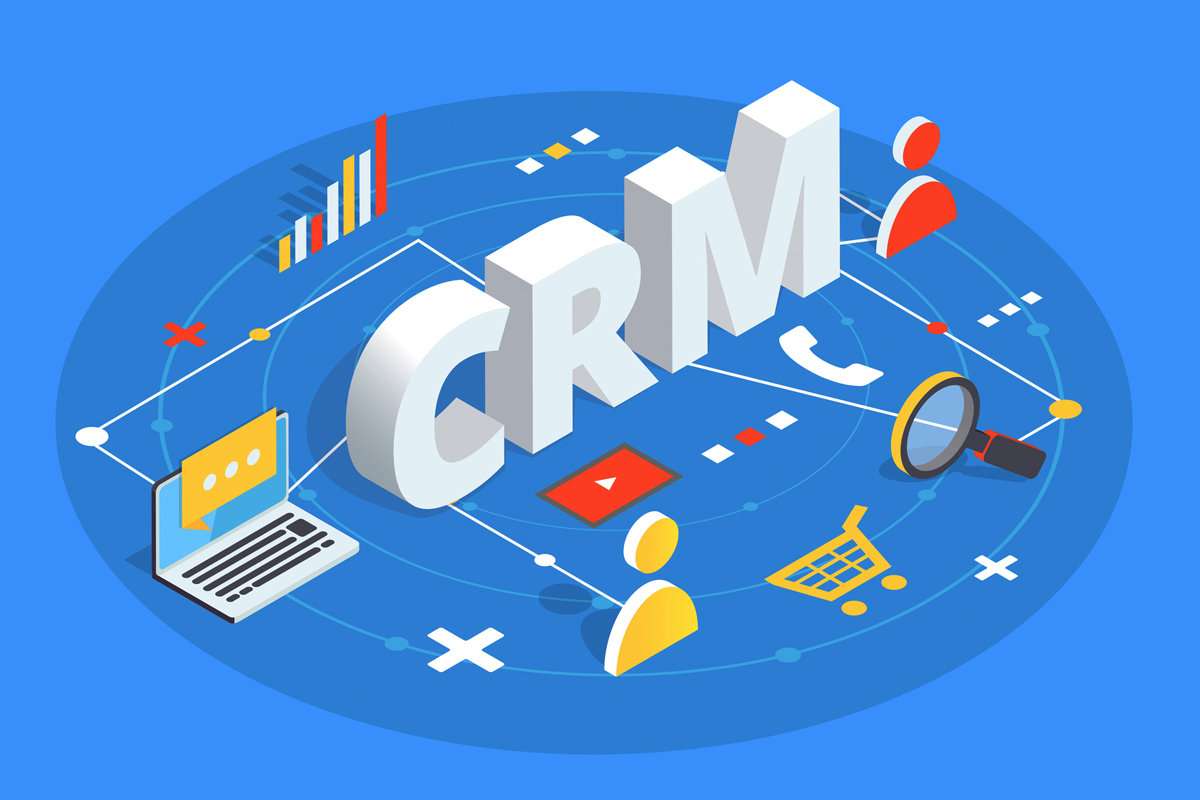The latest things to know about CRM systems

Customer relation management is an essential part of business processes. Due to the incredible advancement of digital technologies, there are plenty of CRM solutions. They help to attract more clients and promote business in many other ways. However, before we describe the advantages and other reasons to create your own CRM software, let’s define the relevant terminology.
Let’s start with the basics and then look at some of the more interesting modern CRM features:
What is a CRM system?
When people refer to “a CRM,” they usually mean “a CRM system” – a complex software program specially designed to manage interactions with existing and potential customers. It allows a company to collect, keep, and update information related to its leads and clients in an efficient and partially automated way.
Customer relations management is a vital component of a business development strategy. Every business revolves around its existing and potential clients:
- spends money on advertising to reach them;
- designs its products to be appealing to their target audiences;
- maintains high quality and reputation for keeping its clients;
- invests in promotional actions and customer service to increase customers’ loyalty.
That’s why customer relation management involves a customer-centered approach to data handling, and this feature defines its effectiveness.
Why are CRM systems important?
A successful company is constantly growing and attracting more clients. At some point, incoming flows of customer-related data become too difficult to handle manually. That’s when a need for a CRM system arises. Such systems work as hubs that perform several important functions, for example:
- they gather all information about current and potential clients that comes from different departments of a company and other sources. Those sources may include the sales department, customer support, marketing department, and even social networks. The unified database is shared among all departments and even branches of a company;
- they promote data processing to create a separate detailed profile for every lead and customer. Such processing includes creating indexes, removing duplicates, marking profiles with tags to facilitate searches, and so on;
- they help to identify a person’s interest in the company’s products and mark this person as interested, uninterested, potential lead, loyal customer, etc. It promotes personalized communication that is more effective than a generic one;
- they present all collected ways and pretexts to contact every potential customer in a clear form. This feature greatly facilitates communication with leads and increases the chances of conversion;
- they define the source of each lead: a phone call, a website, a promotional event, and others. This information helps to understand where leads come from, how they have learned about the company, and how to convert them into sales;
- they keep a history and outcome of all attempts to communicate with a client, including e-mails, phone calls, chatbot interactions, online and paper forms;
- they show the performance of all employees responsible for communicating with customers and leads. This information helps executives to optimize workflows and evaluate staff.
This list is not complete, and there are many more additional functions performed by CRM solutions. All of them lead to the ultimate benefit of using CRM systems: improved user experience. As a result, satisfied customers remain loyal to your company and recommend your products to their friends.
4 Types of CRM solutions
CRM systems may specialize in a particular set of functions that defines their focus. There are four common types of CRM software:
- Strategic. The main task of such software is to use information about clients to develop business strategies and improve operations.
- Operational. This type focuses on handling various routine tasks involved in business operations. It represents a step towards sales force automation and general management systems.
- Analytical. These CRM systems provide a comprehensive analysis of every customer’s behavior, define patterns, and provide valuable insights.
- Collaborative. The goal of such solutions is the improvement of cooperation between the departments of a company. The result of this coordinated activity is the improved overall performance of the business enterprise and the higher level of customer satisfaction.
Though CRM solutions perform many functions and provide many advantages, their true power comes out during cooperation with other business software. A good CRM solution allows its seamless integration into a corporate ecosystem of software platforms. This way, it extends its own functionality and enhances the capabilities of other software components. With the help of CRM solutions, an enterprise may achieve extensive optimization and automation of its processes, build a large base of loyal customers, and raise its reputation and position on the market.
Conclusion
CRM solutions can be applied to most types of enterprises. Conveniently, they come in many forms: a desktop app, web application, or mobile software. Considering the benefits and new opportunities offered by CRM software, it is a must-have for a business company. Though the development of a custom CRM system may cost quite a lot, it is a wise investment that will pay off.